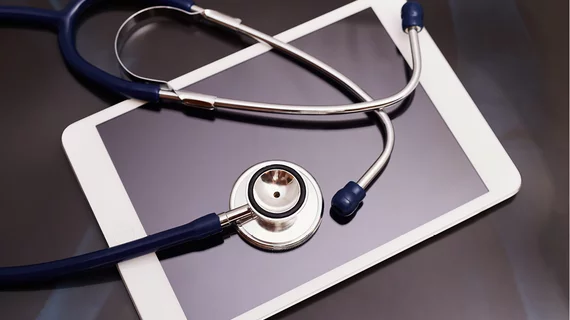82% of radiology residents motivated to study by tablet-based curriculum
Implementation of a complete tablet-based curriculum positively impacts the motivation, satisfaction and engagement of radiology residents, according to findings published in Academic Radiology.
Previous research has found 79 percent of healthcare professionals use tablets, and 81 percent of radiology trainees believed they would spend more time learning radiology if provided one.
“Whereas prior work has evaluated some of the positive effects of tablet devices on radiology resident education in general, our goal was to implement a comprehensive tablet-based curriculum tailored to each rotation and assess its efficacy in improving the learning experience,” Mina S. Makary, MD, of the Ohio State University Wexner Medical Center in Columbus, Ohio. “We hypothesized that integrating tablets into the radiology educational experience would improve resident studying efficiency, access to high-yield information, motivation to study, preparation for the board exam, and increased overall satisfaction with studying resources.”
For the study, residents were given iPads that were preconfigured with the curriculum, including daily assignments with key points, readings and reference presentation slides, and online access to most major radiology textbooks in the institution’s library.
Twenty-two residents from all program years completed surveys, which were administered at baseline and one-year post curriculum.
Notable findings include:
- 32 percent of pre-survey and 73 percent of post-survey residents agreed/strongly agreed the study resources were well organized.
- 41 percent of pre-survey and 91 percent of post-survey residents agreed/strongly agreed that the study resources were easily accessible.
- 18 percent of pre-survey and 82 percent of post-survey residents agreed/strongly agreed that resources motivate them to study daily.
- 36 percent of pre-survey and 82 percent of post-survey residents agreed/strongly agreed the resources adequately prepared the resident for the boards and they were satisfied with resources provided by the residency program.
The researchers noted additional research will be needed to gain a deeper understanding of technology integration in radiology education.

